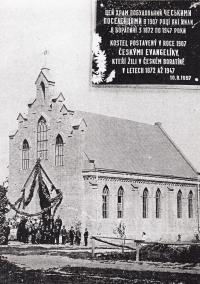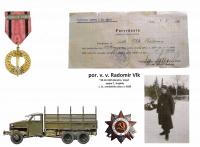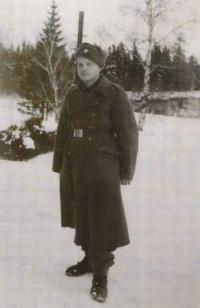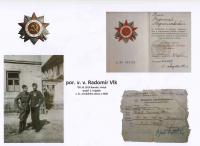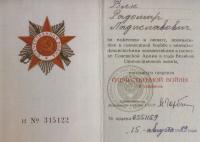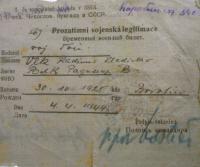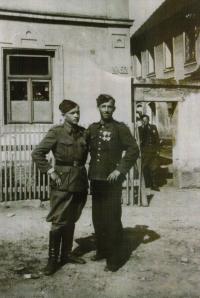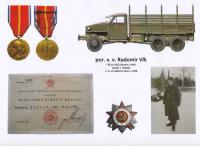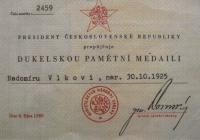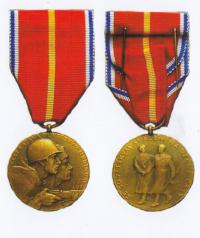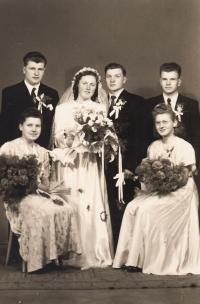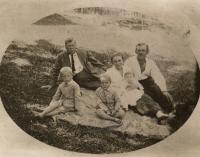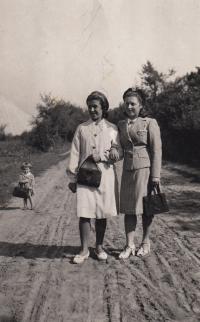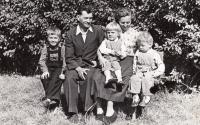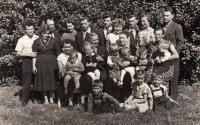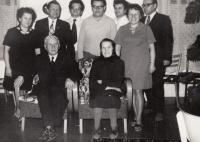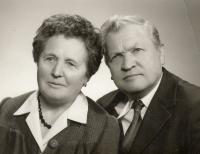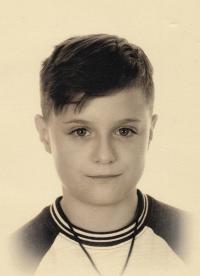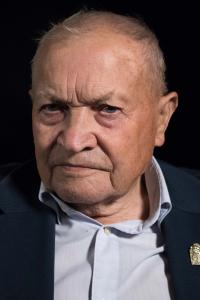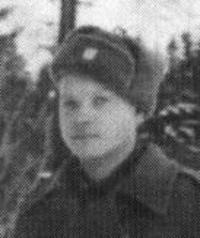Freedom is the most precious thing

Download image
Radomír Vlk was born on October 30, 1925, to Vladislav and Anna, née Albrechtová. He had two older brothers and six siblings in total. Originally a Czech family, they lived and farmed in Boratin, Volhynia. Russian and German occupations brought everyday fears of assaults and thefts. He liked to work in agriculture. Since early childhood he had an aversion to all things military. Nevertheless he joined the Czechoslovak Army, joined by his brothers Rostislav and Vladislav. After his training in Lucek, he went into service as a radio operator. He was injured during the fights at the Dukla pass and on recovery served as a guard and field vehicle technician. He demobbed on January 7, 1946, in Žatec. Together with Rostislav he was placed as a farmer in Chotiněves. Later, he was joined by his parents while Rostislav was given another farm in the village. They ran their farms until 1958 when high taxes and the pressure of communist authorities forced them to enter the farming cooperative. Radomír Vlk worked as a coachman and driver. The family welcomed the fall of the regime in 1989 as a return to free life, which is what they left Volhynia for.
